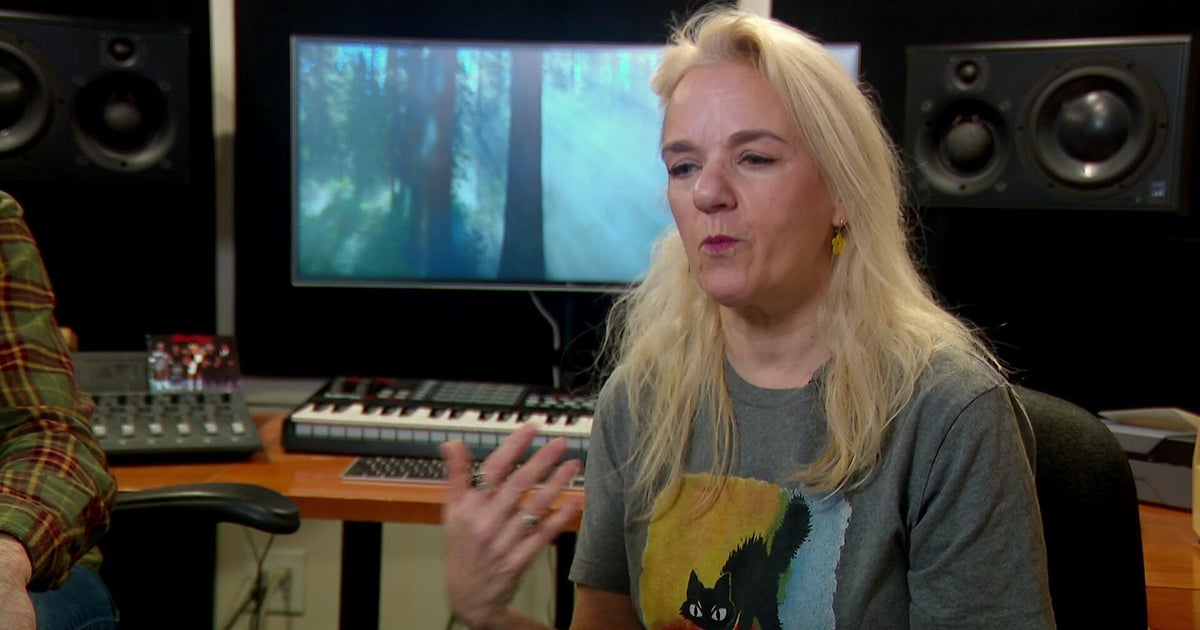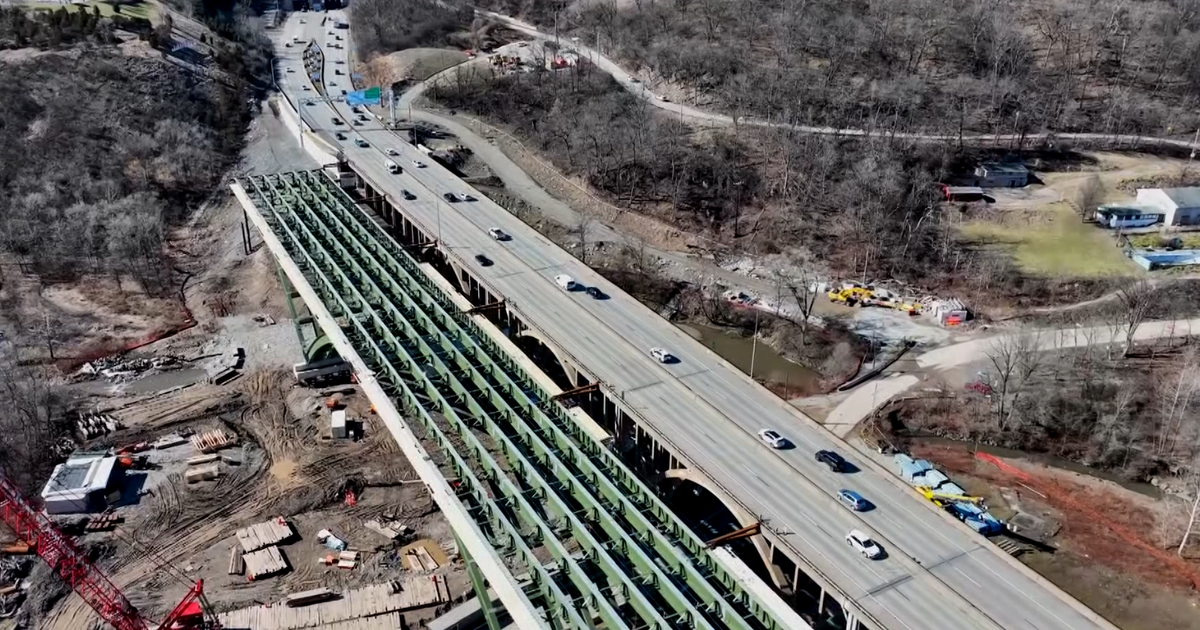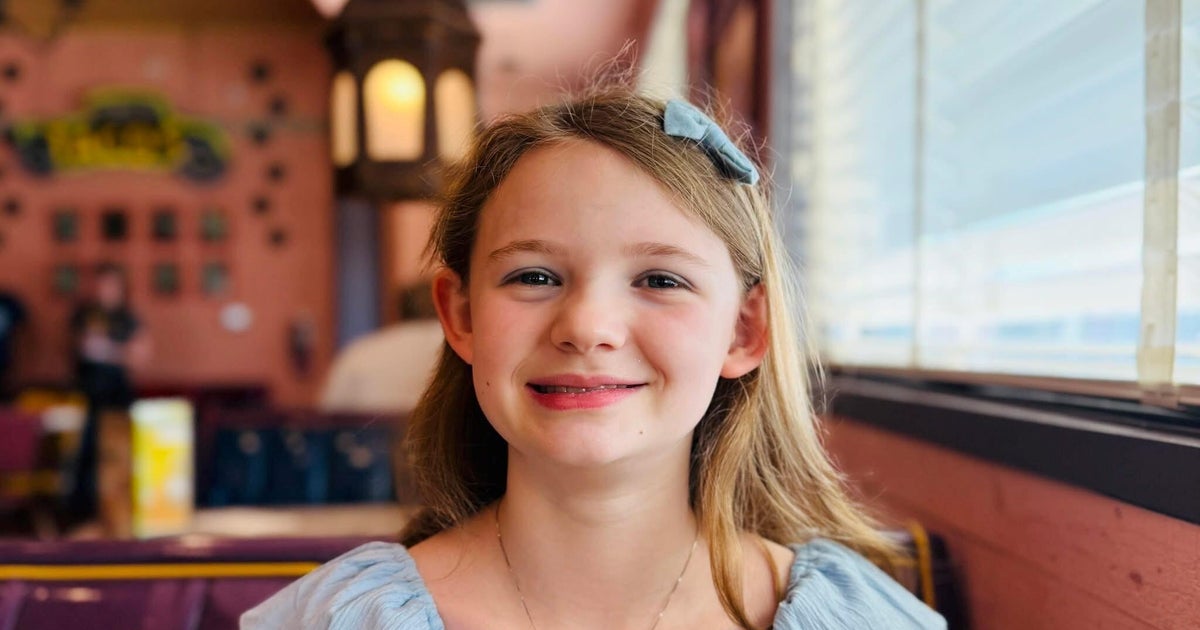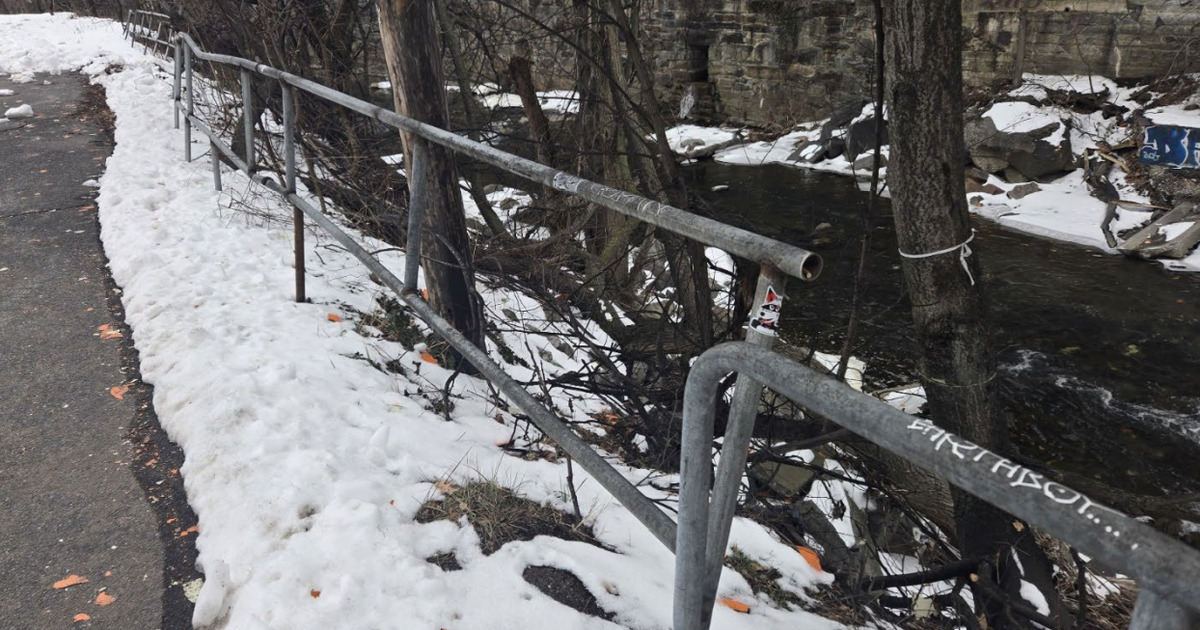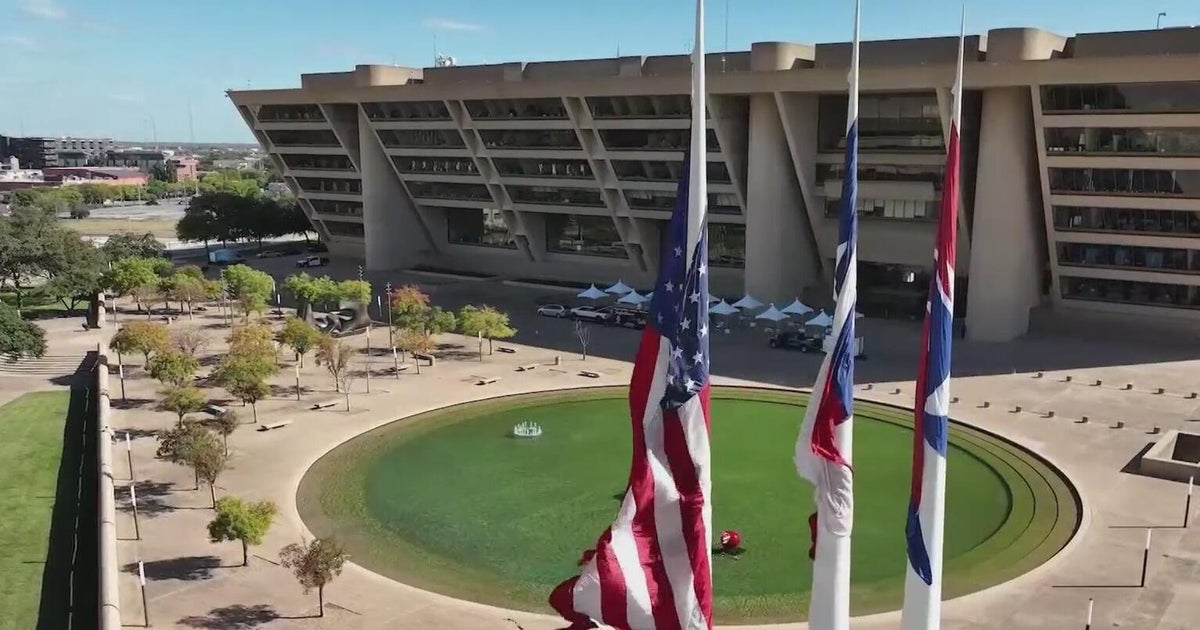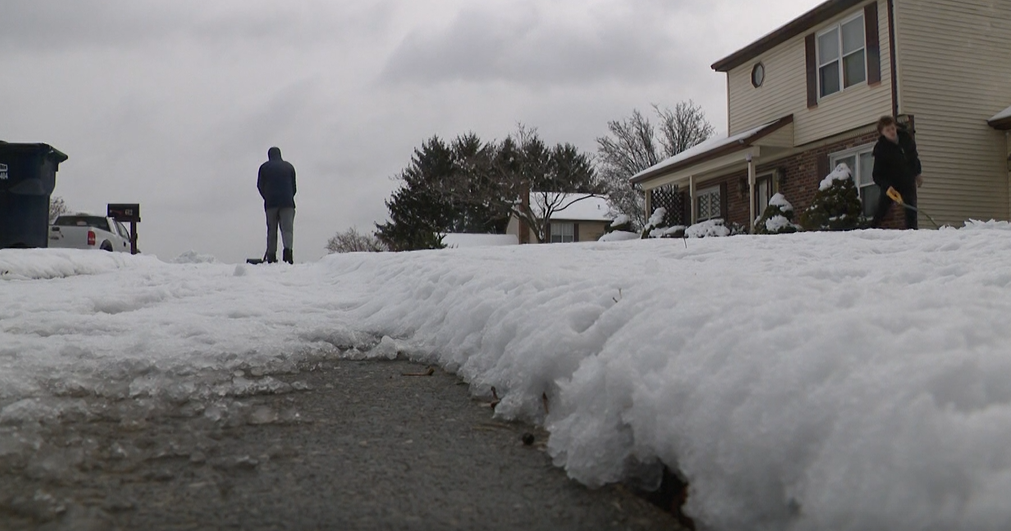St. Paul offering residents free lead pipe replacement
ST. PAUL, Minn. -- A new program aims to help Twin Cities families get the lead out of their homes for free. More than one in four homes in St. Paul - 27% - still has a lead water service line, meaning the toxic metal can get in the drinking water.
Stan Lukas has owned his home in the Hamline-Midway neighborhood since 1985. It was built in 1890 with lead pipes.
"Back then it wasn't that big of a deal. I guess we just weren't aware of the dangers of it," Lukas said.
Lead pipes were common in St. Paul homes until around the 1940s. Replacing them has been on Lukas's list of renovations.
"I've always wanted to do it, but it's expensive. these old houses are very expensive," he said.
To his surprise, last summer, he was one of the first homes qualifying for a free replacement as part of a newly launched 10-year program to replace all lead water lines in the city.
"I honestly didn't believe it was going to happen!" he said.
Under the new program led by St. Paul Regional Water Services, the city will reach out to homeowners who qualify for a free replacement in 2023.
"Lead disproportionately affects people of color, children under 5 and low-income communities so we're also taking those aspects into consideration," Lead Program Coordinator Grace Barslow said.
Residents can also check their status online here.
St. Paul Regional Water Services plans to add dozens of workers to complete the project, estimated to cost $300 million.
"This is really a good opportunity to make significant investments in the workforce so we have skilled and trained workforce well into the future to do this kind of work," Saint Paul Regional Water Services General Manager Patrick Shea said.
Replacement work typically takes a day or two. The city says its prioritizing homes that have construction projects planned so they can complete both jobs at the same time.
The city has allocated $14 million from the American Rescue Plan to help get the program started. Other funding will come from local, state and federal resources, Shea said.

